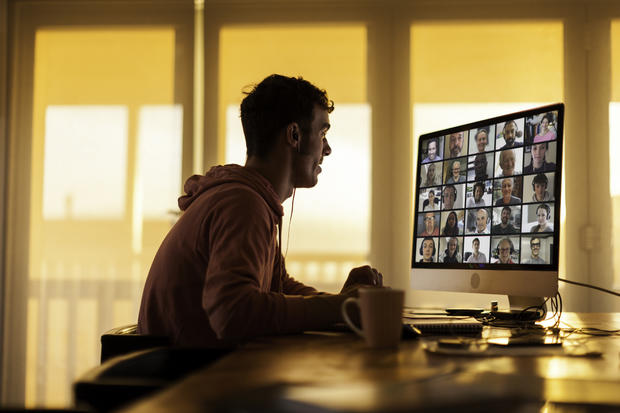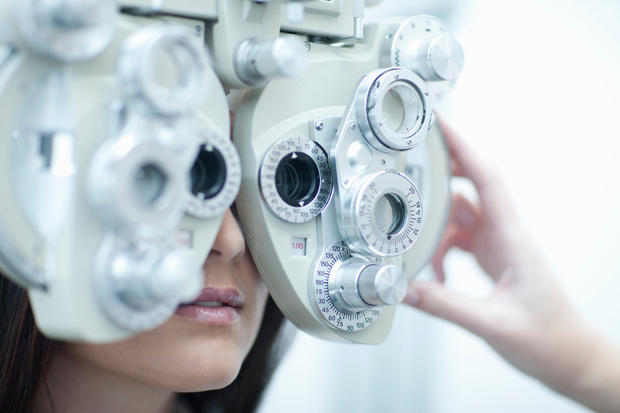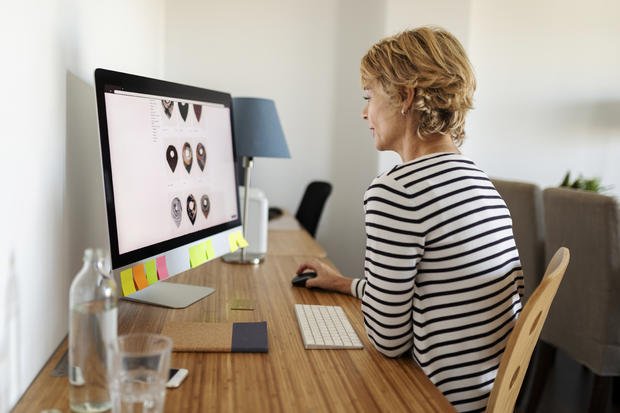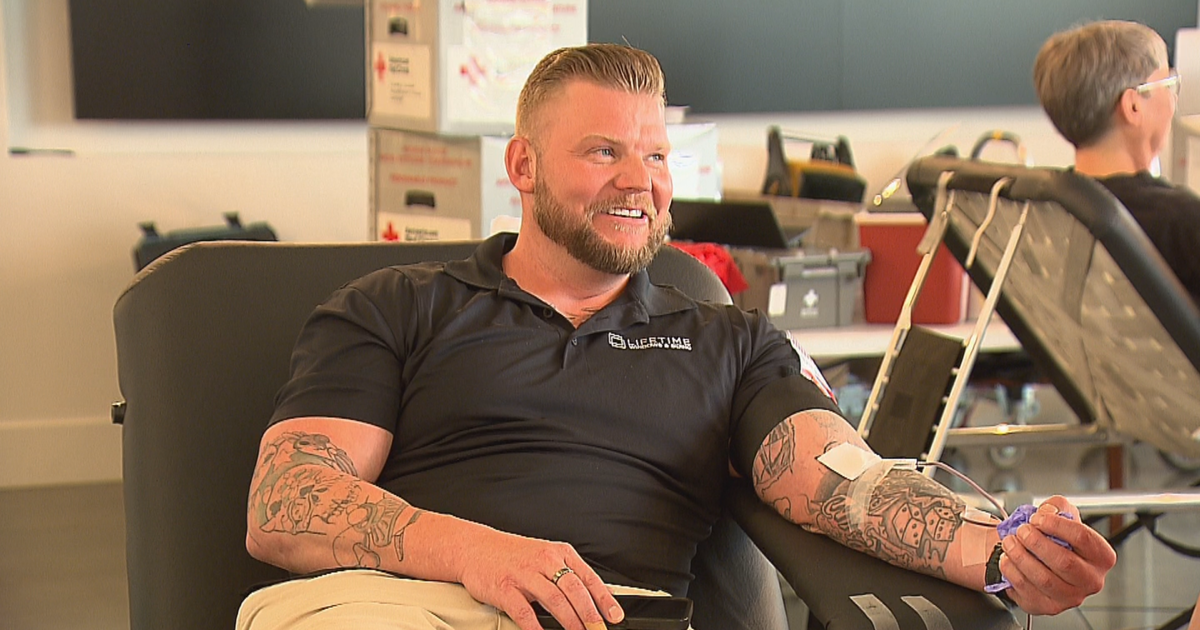Optometrist's Advice To Avoid Screen Time Eye Strain: Observe The 20/20/20 Rule
(CBS4)- A Littleton optometrist says the pandemic is having a big impact on our eyes. Dr. Nicole Wellensiek from Visionaire Sterling Ranch says she's seen a large increase in patients complaining of eye strain, eye fatigue, and dry eye. She thinks that's due to an increase in screen time from remote learning and working from home.
"I'm writing a lot of prescriptions for computer glasses just to really take the workload off the visual system. People are noticing a big improvement in how their eyes feel at the end of the day."
Another thing people are using to help with eye strain are blue light filter glasses. They have become a lot more popular lately as we all increase our screen time. Dr. Wellensiek says at this point, it's not clear if they make a difference.
"I think what we're finding is that not as much blue light gets into the eye from computer screens-- it's a very small amount. So yes, blue light can damage parts of the eye, but it takes quite a bit more blue light to actually do that than what we're getting from screens. Anecdotally, I definitely have patients that feel like it's helped them. But again, I'm not sure the science completely backs that as of now."
Dr. Wellensiek says if you can—avoid staring at a screen for more than two hours.
"Anything over two hours is going to have an effect on just how our eyes feel, and dryness. I know it's hard for students and people working from home to be able to do two hours or less, but really just try to take those breaks."
Her biggest advice for reducing eye strain? The 20/20/20 rule.
"About every 20 minutes, take a 20 second break and focus on something about 20 feet away," says Dr. Wellensiek.
She also says don't forget to blink!
"I know that sounds kind of silly, but we actually blink about 50% less when we're looking at any sort of screen or device. And of course if we're not blinking our eyes dry out much faster."






